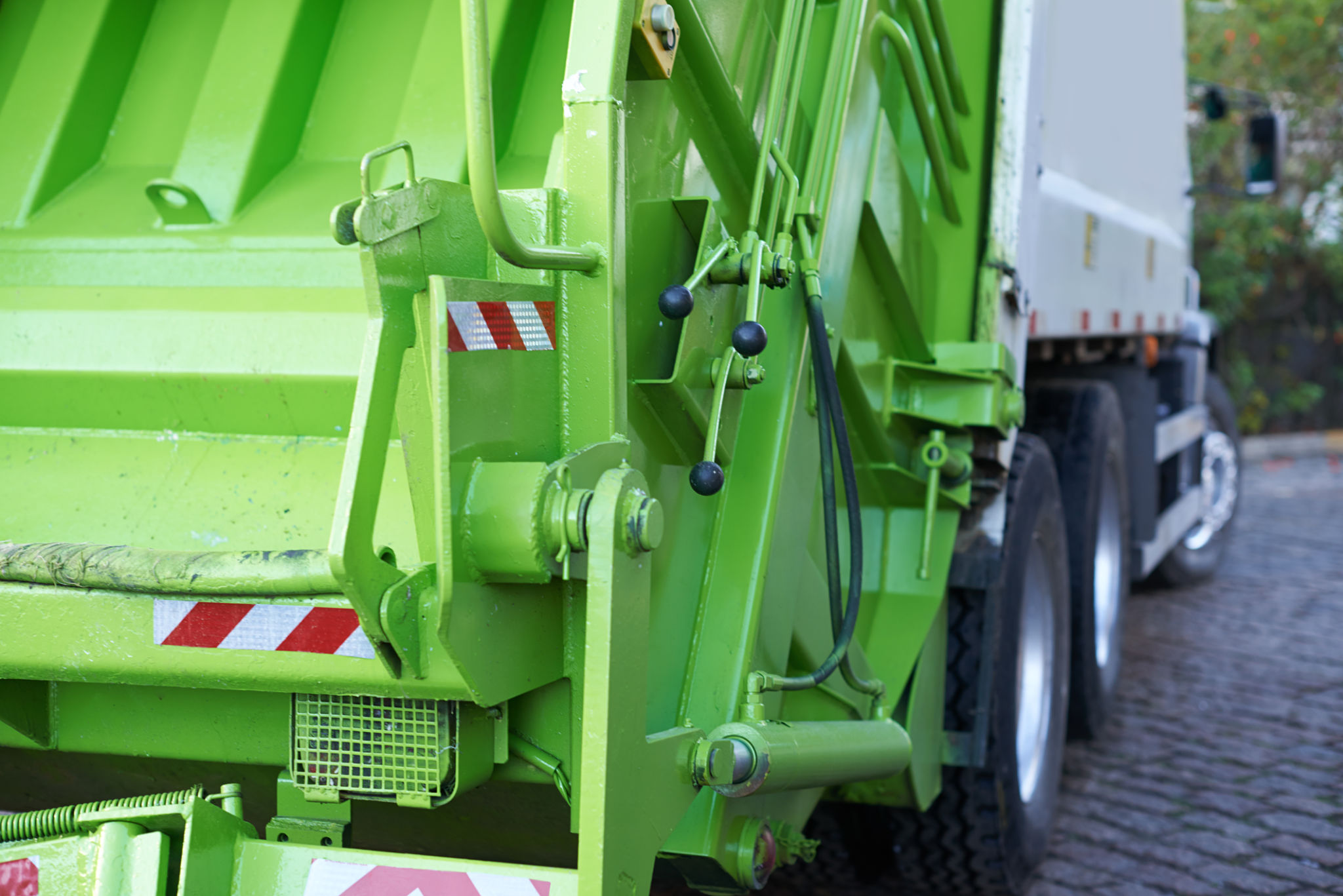Essential Guide to Waste Transport and Disposal in the Philippines
Understanding Waste Management in the Philippines
Waste management is a critical issue in the Philippines, where rapid urbanization and population growth have led to increased waste generation. The efficient transport and disposal of waste are essential to maintaining public health and environmental integrity. This guide aims to provide a comprehensive overview of waste transport and disposal practices in the Philippines, highlighting key regulations, methods, and challenges involved.

Regulations Governing Waste Management
The Philippine government has implemented several laws and policies to manage waste effectively. The most notable is the Republic Act No. 9003, also known as the Ecological Solid Waste Management Act of 2000. This law provides a systematic approach to waste management, emphasizing the reduction, segregation, and proper disposal of waste. It mandates local government units (LGUs) to develop solid waste management plans tailored to their specific needs.
Moreover, the Department of Environment and Natural Resources (DENR) plays a crucial role in overseeing compliance with these regulations. They provide guidelines and monitor the implementation of waste management practices across the country.
Methods of Waste Transport
Efficient waste transport is a vital component of any waste management system. In the Philippines, waste collection is typically handled by LGUs or contracted private companies. They employ various methods to ensure the safe and timely transport of waste from residential, commercial, and industrial areas to disposal facilities.
Common methods include:
- Collection trucks: These vehicles are specially designed to handle different types of waste, ensuring safe transport from collection points to processing or disposal facilities.
- Segregated collection: This involves separating biodegradable from non-biodegradable waste at the source, which is then collected separately to facilitate recycling and composting efforts.

Disposal Techniques
Once collected, waste needs to be disposed of in an environmentally friendly manner. The Philippines employs several disposal methods, including:
- Sanitary landfills: Designed to minimize environmental impact, these facilities are lined with protective barriers to prevent leachate contamination of soil and water.
- Recycling centers: These centers process recyclable materials, reducing the volume of waste that ends up in landfills.
- Composting: Organic waste is converted into compost, which can be used as fertilizer, contributing to sustainable agricultural practices.
Unfortunately, not all areas have access to proper waste disposal facilities, leading to open dumping and burning, which pose significant health and environmental risks.

Challenges and Solutions
The Philippines faces numerous challenges in waste management, including inadequate infrastructure, limited resources, and public awareness. Open dumpsites are still prevalent, posing serious environmental hazards. Additionally, the lack of enforcement of existing regulations often hinders progress in effective waste management.
To address these challenges, increased investment in waste management infrastructure is necessary. Public education campaigns can also play a pivotal role in promoting responsible waste disposal practices among citizens. By fostering community involvement and collaboration between government and private sectors, substantial improvements can be made.
The Importance of Community Involvement
Engaging local communities is crucial for successful waste management. Community-based programs can empower residents to take ownership of their waste practices through initiatives like recycling drives and clean-up events. Encouraging citizens to participate actively in waste segregation at home can significantly reduce the burden on municipal waste systems.
Furthermore, educational programs aimed at raising awareness about the environmental impact of improper waste disposal can foster a culture of sustainability and responsibility.
Future Prospects for Waste Management
As the Philippines continues to develop, the need for sustainable waste management solutions becomes increasingly important. Innovations in technology offer promising prospects for the future. Waste-to-energy facilities, which convert waste materials into electricity or heat, could provide a dual benefit of reducing landfill use while generating renewable energy.
The integration of smart technologies for tracking and optimizing waste collection routes can further enhance efficiency. By embracing these advancements and maintaining strong regulatory frameworks, the Philippines can pave the way toward a cleaner, more sustainable future.
